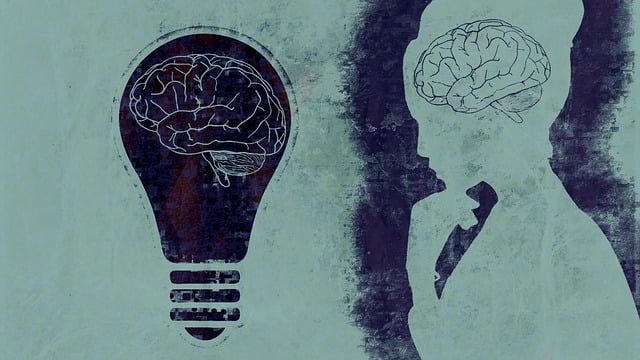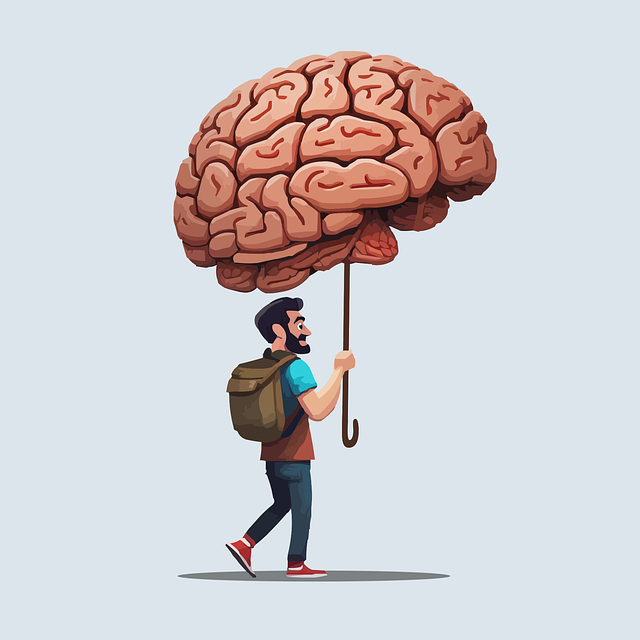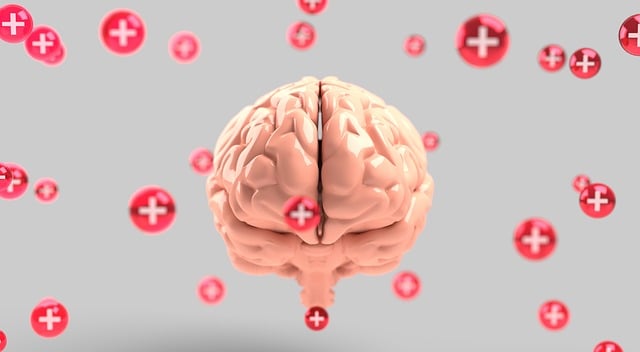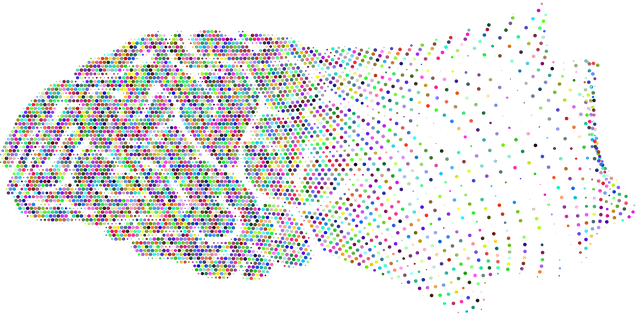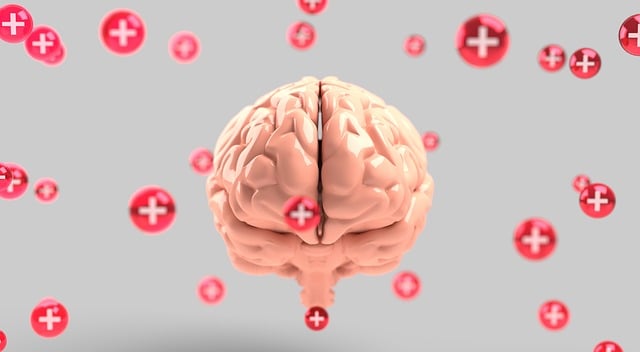Wheat Ridge Children Therapy prioritizes emotional intelligence (EQ) as a cornerstone of a child's development, teaching them to navigate their emotions for better relationships, academic success, and problem-solving. Their tailored therapeutic strategies, including mindfulness practices, build self-awareness, manage anxiety/trauma, and foster resilience from adolescence to adulthood. By enhancing EQ, these techniques empower children with skills to handle feelings, reduce burnout, improve thinking, and strengthen peer relationships, ultimately guiding them towards healthy emotional expression and lasting connections.
Emotional intelligence (EI) is a crucial skill for children to navigate their social world, fostering healthy relationships and emotional well-being. This article explores the concept of EI, focusing on its significance for children and offering practical strategies tailored by Wheat Ridge Children’s Therapy experts. We delve into how building EI can enhance a child’s ability to understand and manage emotions, leading to improved social skills and overall mental health, as backed by research from Wheat Ridge Children’s Therapy.
- Understanding Emotional Intelligence: What It Means for Children
- Strategies to Enhance Emotional Intelligence in Kids at Wheat Ridge Children's Therapy
- The Impact of Emotional Intelligence on a Child's Well-being and Social Skills
Understanding Emotional Intelligence: What It Means for Children

Emotional intelligence (EQ) is a crucial concept that plays a significant role in a child’s development and overall well-being. For children, understanding and managing their emotions is akin to navigating a complex landscape—a skill set that can be cultivated and refined over time. At Wheat Ridge Children Therapy, we emphasize the importance of EQ as it forms the foundation for healthy relationships, academic success, and effective problem-solving strategies.
By teaching children about emotional intelligence, we empower them to identify and express their feelings appropriately, regulate intense emotions, and develop empathy towards others. This process is vital in fostering a sense of self-awareness, which is key to managing anxiety relief and even trauma support services. Moreover, EQ helps young individuals make thoughtful decisions, maintain positive moods, and build resilience—skills that will serve them well throughout their lives, especially as they navigate the challenges of adolescence and adulthood.
Strategies to Enhance Emotional Intelligence in Kids at Wheat Ridge Children's Therapy

At Wheat Ridge Children’s Therapy, we believe that nurturing emotional intelligence in kids is a cornerstone of their overall development and well-being. Our strategies focus on empowering young individuals to understand and manage their emotions effectively, fostering a sense of inner strength and resilience. Through various therapeutic techniques, we teach children how to recognize and express their feelings healthily. This involves teaching them emotional regulation skills, such as deep breathing exercises and mindfulness practices, which help kids calm themselves in moments of distress.
Additionally, our therapists employ emotional well-being promotion techniques tailored to each child’s unique needs. We encourage open communication, creating safe spaces for kids to share their thoughts and emotions without judgment. By actively listening and validating their feelings, we help them develop a positive self-image and build strong interpersonal skills. These strategies not only enhance their emotional intelligence but also contribute to their overall growth, ensuring they have the tools to navigate life’s challenges with adaptability and grace.
The Impact of Emotional Intelligence on a Child's Well-being and Social Skills

Emotional intelligence plays a pivotal role in shaping a child’s overall well-being and social development. Children with high emotional intelligence (EI) tend to have better self-awareness, understanding their own emotions and how they influence behavior. This ability allows them to manage their feelings effectively, leading to improved impulse control and reduced risk of burnout prevention. When kids can recognize and regulate their emotions, they are more likely to approach challenges with resilience building, fostering positive thinking and problem-solving skills.
Moreover, EI significantly contributes to a child’s social competence. Highly emotionally intelligent children often exhibit superior empathy, enabling them to understand and share the feelings of others. This fosters stronger peer relationships, better communication, and enhanced collaboration. Research suggests that children with strong emotional intelligence are more adept at resolving conflicts, showing compassion, and maintaining positive interactions within their social circles, potentially reducing social isolation or bullying behaviors. At Wheat Ridge Children Therapy, we focus on these aspects to help young individuals navigate their emotions healthily and build lasting connections.
Emotional intelligence is a powerful tool for children’s development, as demonstrated by Wheat Ridge Children’s Therapy. By understanding and implementing strategies to enhance EI, parents and educators can significantly improve a child’s well-being and social skills. These include recognizing and managing emotions, effective communication, and empathy. Through practices taught at Wheat Ridge Children’s Therapy, kids can navigate social interactions with confidence, fostering healthier relationships and a brighter future.


